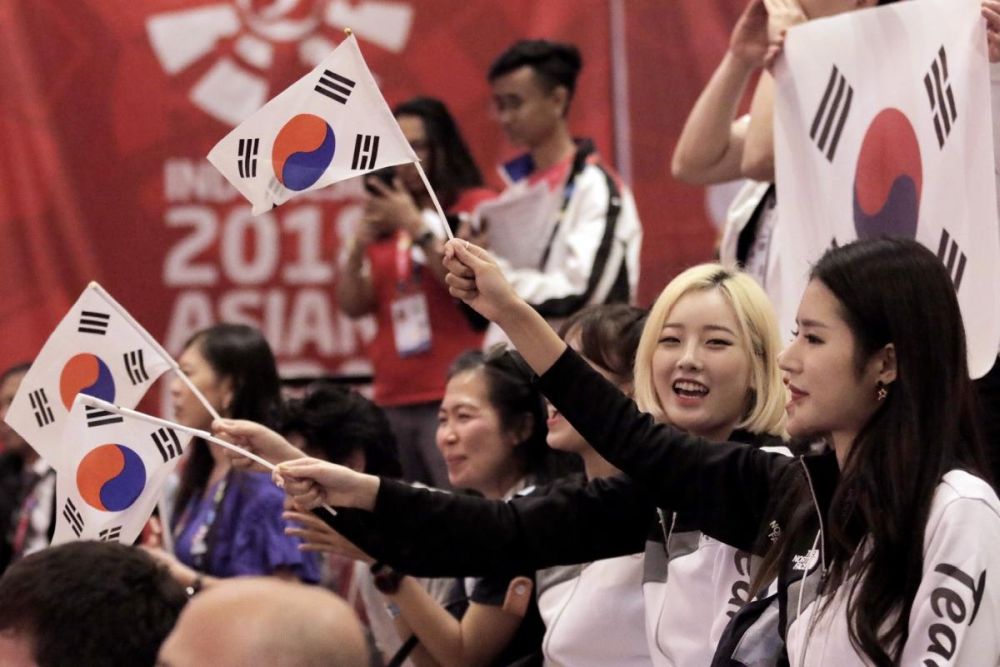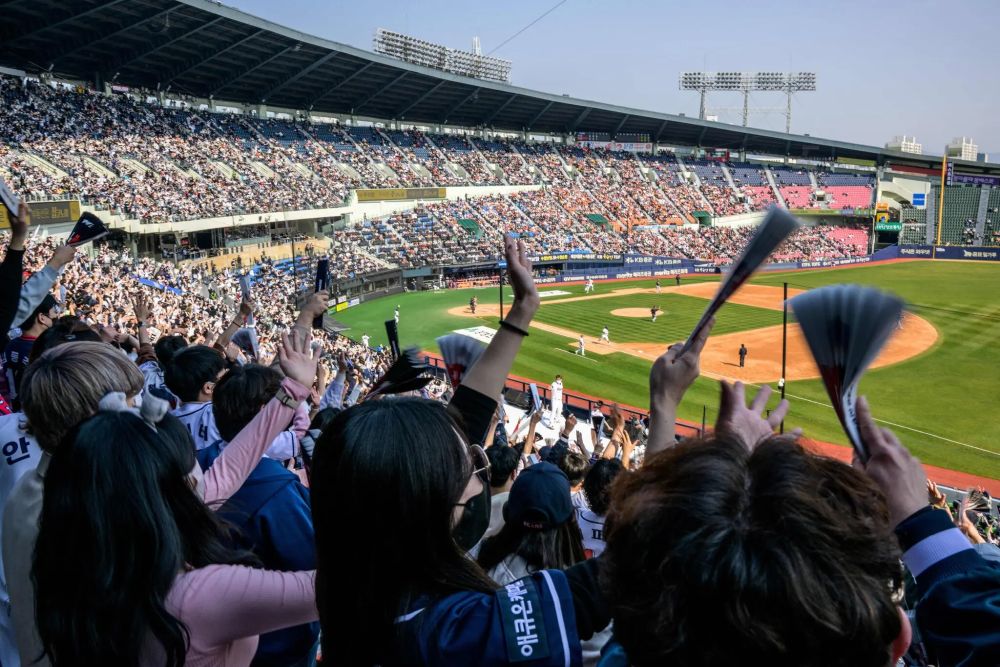In South Korea’s sports arenas, a remarkable shift is underway: women are increasingly dominating the stands, challenging traditional gender dynamics in sports fandom. Contrary to the global norm, where male fans typically outnumber their female counterparts, South Korea boasts a significant 55% female fanbase. This intriguing trend prompts exploration into the underlying factors driving women’s growing presence in sports stadiums across the country.

In the bustling sports stadiums of South Korea, a remarkable trend is emerging: women are becoming the dominant force in the stands, challenging the conventional global narrative where men typically take the spotlight. According to a report by The New York Times, a staggering 55% of sports fans in South Korea are women, a statistic that sharply contrasts with the demographics seen in many other countries. This phenomenon begs the question: what factors are driving this shift in sports fandom?

South Korea boasts a unique fan culture that sets it apart from the rest of the world. One significant aspect is the influence of celebrity culture, where athletes are revered with a fervor similar to that surrounding K-pop idols. This blurring of lines between sports and entertainment contributes to the growing appeal of sports among women. Moreover, the emphasis on creating safe and family-friendly sports venues plays a pivotal role. These spaces not only cater to the diverse needs of spectators but also mitigate concerns over hooliganism, fostering an environment where everyone feels welcome. Additionally, South Korea’s deeply ingrained domestic fan culture, known as “deok-jil” or fangirling, has extended its reach into the realm of sports, further fueling the passion and enthusiasm among female fans.

Despite the increasing presence of women in sports stadiums, their impact and challenges within the realm of sports fandom cannot be overlooked. For many female fans, sports offer a sense of belonging and camaraderie, providing a platform to connect with like-minded individuals and express their passion for their favorite teams and athletes. However, achieving gender parity in sports remains an ongoing struggle, with women facing barriers and stereotypes that hinder their full participation and recognition within the sports community. Nevertheless, as female fans deepen their appreciation for sports beyond surface-level attractions, their initial fascination with individual players often evolves into a genuine love for the sport itself, paving the way for a more inclusive and diverse sports culture in South Korea and beyond.

